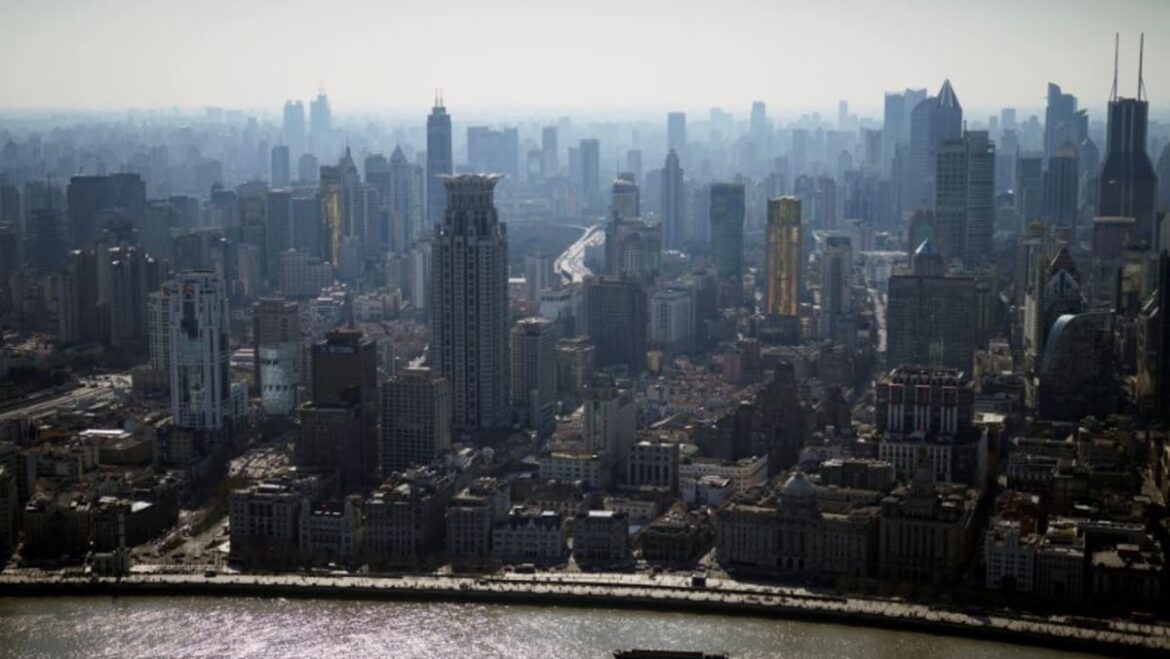Asian companies remain committed to China despite economic headwinds, trade tensions
HONG KONG: China, the world’s 2nd-largest economy, stays a market too gigantic to ignore for many Asian companies even as alternate tensions with the west proceed to simmer.
The Chinese language economy has been battered by headwinds, including a continual property crisis widely considered because the one largest stumbling block to a beefy-blown economic recovery.
Iklan
Latest records from a China Central Television fable showed that no matter a 19.2 per cent amplify in contemporary foreign-invested companies setting up in China in the main quarter of 2024, the nation’s inbound disclose foreign investment recorded a year-on-year tumble of 28 per cent throughout the identical length.
Nonetheless, companies like OCBC knowledgeable CNA that they’ve re-dedicated for the long haul in China.
Singapore’s 2nd-largest monetary institution is investing HK$1.5 billion (US$190 million) to modernise its platforms and merchandise, moreover to hiring 300 contemporary tech abilities to enhance bid in China.
The timing is fortuitous, with Chinese language leaders stepping up engagement with foreign companies in contemporary months.
This has precipitated speculation that reviving foreign investments and the economy will high the agenda of the long-anticipated Third Plenum self-discipline for July – the meeting of the Community Celebration’s Central Committee the build vital economic policies and reforms were historically launched.
Iklan
It follows last year’s trajectory, as China amped up the ante to design foreign traders by extending a tax exemption coverage for foreign potential alongside with a tax refund coverage for out of the country evaluate and construction companies.
One day of a up to date meeting with Samsung chairman Lee Jae-yong in Seoul, Chinese language Premier Li Qiang acknowledged foreign-funded companies are an “critical power” for his nation’s construction.
This came as western officers threatened contemporary alternate barriers and tech restrictions, accusing China of business overcapacity and unfair alternate practices.
Source: Reuters


